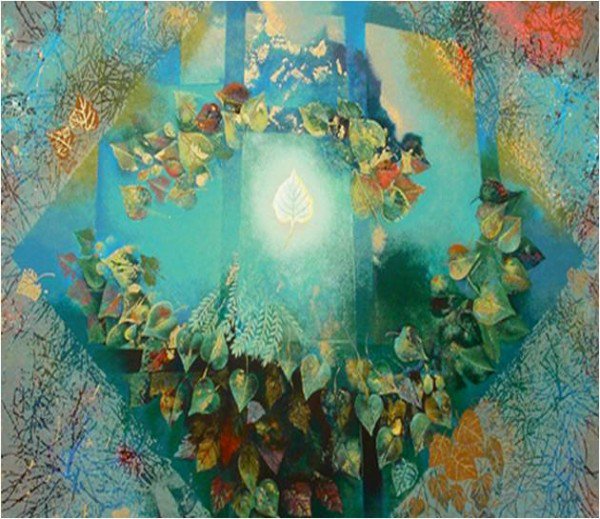As we approach #YomKippur, the holy of holies of Jewish time, here are ten ideas which might help you focus your prayers and ensure you have a meaningful and life-changing experience. 

1. Life is short. However much life expectancy has risen, we will not, in one lifetime, be able to achieve everything we might wish to achieve. This life is all we have. How shall we use it well?
2. Life itself, every breath we take, is the gift of God. Life is not something we may take for granted. If we do, we will fail to celebrate it. Yes, we believe in life after death, but it is in life before death that we truly find human greatness.
3. We are free. Judaism is the religion of the free human being freely responding to the God of freedom. We are not in the grip of sin. The very fact that we can do teshuva, that we can act differently tomorrow than we did yesterday, tells us we are free.
4. Life is meaningful. We are not mere accidents of matter, generated by a universe that came into being for no reason and will one day, for no reason, cease to be. We are here because a loving God brought the universe, and life, and us, into existence.
5. Life is not easy. Judaism does not see the world through rose-tinted lenses. The world we live in is not the world as it ought to be. That is why, despite every temptation, Judaism has never been able to say the messianic age has come, even though we await it daily.
6. Life may be hard, but it can still be sweet. Jews have never needed wealth to be rich, or power to be strong. To be a Jew is to live for the simple things: love, family, community. Life is sweet when touched by the Divine.
7. Our life is the single greatest work of art we will ever make. On the Yamim Noraim we step back from our life like an artist stepping back from his canvas, seeing what needs changing for the painting to be complete.
8. We are what we are because of those who came before us. We are each a letter in God's book of life. We do not start with nothing. We have inherited wealth, not material but spiritual. We are heirs to our ancestors' greatness.
9. We are heirs to another kind of greatness: Torah and the Jewish way of life. Judaism asks great things of us and by doing so makes us great. We walk as tall as the ideals for which we live, and though we may fall short time and again, the Yamim Noraim allow us to begin anew.
10. The sound of heartfelt prayer, together with the piercing sound of the shofar, tell us that that is all life is - a mere breath - yet breath is nothing less than the spirit of God within us. We are dust of the earth but within us is the breath of God.
Together with Elaine, I wish you and your families a g'mar chatima tova. May we, and all of Am Yisrael, be sealed in God's Book of Life for a year of blessing, prosperity and peace.
• • •
Missing some Tweet in this thread? You can try to
force a refresh




